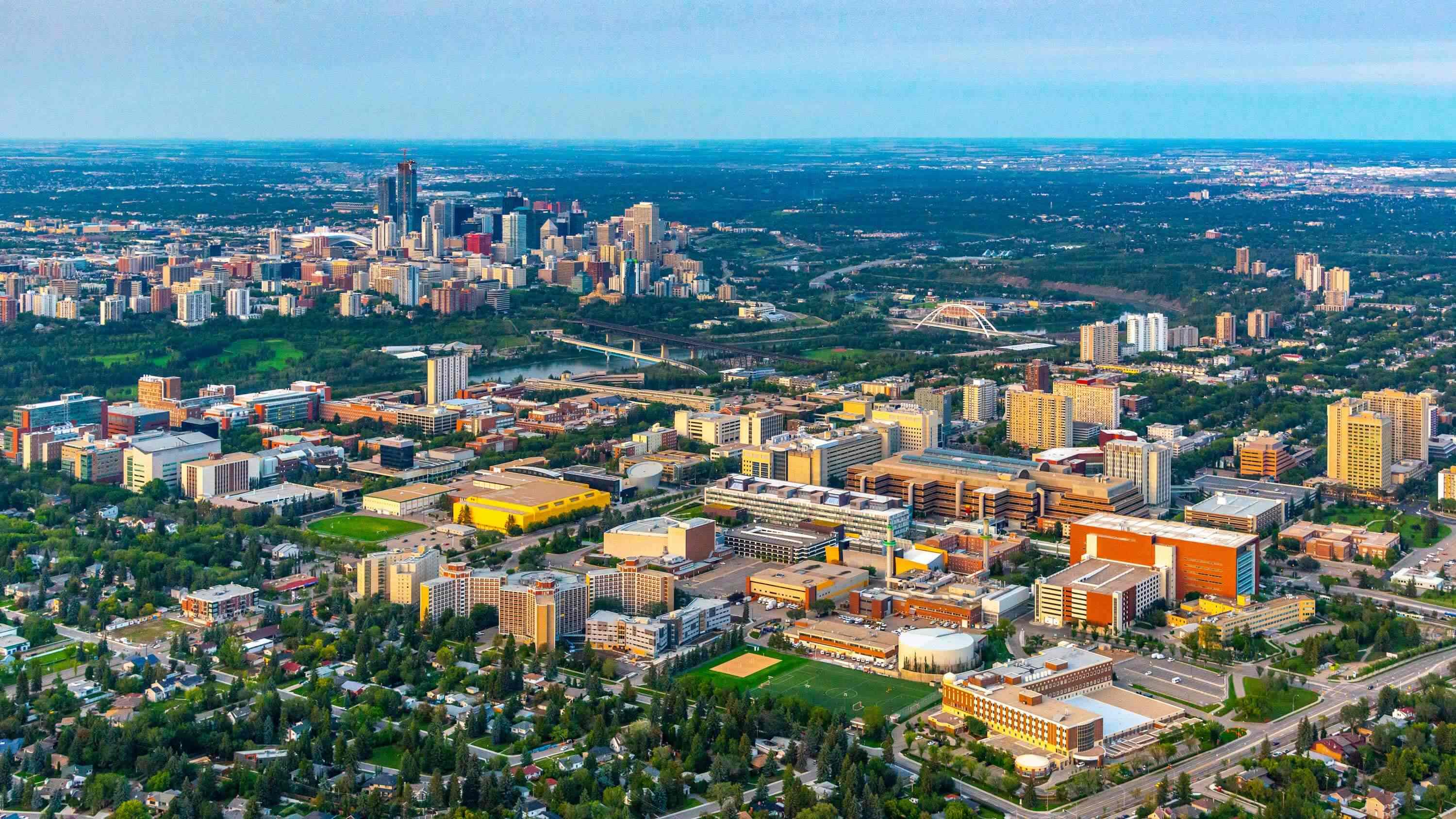The University of Alberta has improved its standings in the latest Academic Ranking of World Universities (ARWU), placing 91st in the world and fourth in Canada — its best showing in the 20-year history of the prominent global rankings.
The U of A joined the global top 100 for the first time in last year’s ARWU rankings, when it finished 92nd in the world and fifth in Canada. For the 2023 ARWU rankings, more than 2,500 institutions were ranked, with Harvard, Stanford and Massachusetts Institute of Technology making up the top three.
Leading researchers, global influence
“This is great news for the U of A as we continue to move up the ARWU ranking — one of the most highly regarded university rankings in the world. This year's result marks our best-ever ARWU ranking, a reflection of the outstanding research and teaching happening at the U of A. Of particular note is our outstanding score for Highly Cited Researchers. Our researchers are recognized as among the best in the world for innovative ideas and advancing solutions to some of the world’s greatest challenges. It's a proud moment for all of us at the U of A,” says U of A president Bill Flanagan.
“We are home to some of the brightest students and researchers in the world. With the talent at the U of A, I have no doubt that we will continue to advance in global rankings with even greater impact in the world,” Flanagan says.
The ARWU ranking criteria include quality of faculty, which accounts for 40 per cent of a university’s overall score and is measured by two equally weighted indicators. The first indicator is the number of researchers who have won a Nobel Prize in chemistry, physics, medicine or economics, or a Fields Medal in mathematics. Virologist Michael Houghton’s Nobel Prize win in 2020 is a major factor for the U of A in this indicator.
The second indicator of quality of faculty is the number of researchers on analytics company Clarivate’s annual Highly Cited Researchers list. The U of A’s improvement in the 2023 ARWU ranking is partly due to a stronger score in this indicator based on Clarivate’s 2022 list identifying 6,938 researchers as leaders in their fields, including 13 from the U of A. Ryan Li, a professor of electrical and computer engineering leading research to make smart electrical grids more efficient, more reliable and better able to use renewable energy, made the Clarivate list for the third time in 2022.
The other criteria ARWU considers are research output (accounting for 40 per cent of the overall ranking), based on the number of Nature and Science publications over the previous five years and the number of papers indexed in the Science Citation Index Expanded and the Social Citation Index in the previous year; quality of education (10 per cent), measured by the number of alumni who have won the Nobel Prize or Fields Medal; and per capita performance (10 per cent), based on the weighted scores of the other five indicators divided by the number of full-time equivalent academic staff.
On the rise globally and nationally
The U of A’s best performance in the 2023 ARWU rankings follows strong showings in other global rankings this year.
The university moved up to seventh in the world — up from 11th last year and 64th in 2021 — in the Times Higher Education Impact Rankings of universities based on their efforts toward achieving the UN’s Sustainable Development Goals for 2030.
Earlier this year, the university held strong at 111th in the world and fourth in Canada in the 2024 QS World University Rankings, ranking among the top eight per cent of 1,500 universities included in the rankings. The U of A also had a record showing in the Center for World University Rankings World University Rankings 2023, coming in at 76th internationally and fourth in Canada.
The U of A was ranked the best place in Canada to study nursing and petroleum engineering in the most recent QS subject-area rankings, which saw 18 subjects rank among the top 100 in the world.
In the Global Ranking of Academic Subjects 2022, several high-demand U of A programs ranked among the top three in Canada and the top 50 worldwide, including environmental sciences and engineering (11th), biological sciences (30th), business administration (30th), mining and mineral engineering (31st), agricultural sciences (42nd), instruments science and technology (48th), and nursing (49th).
